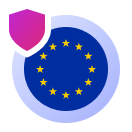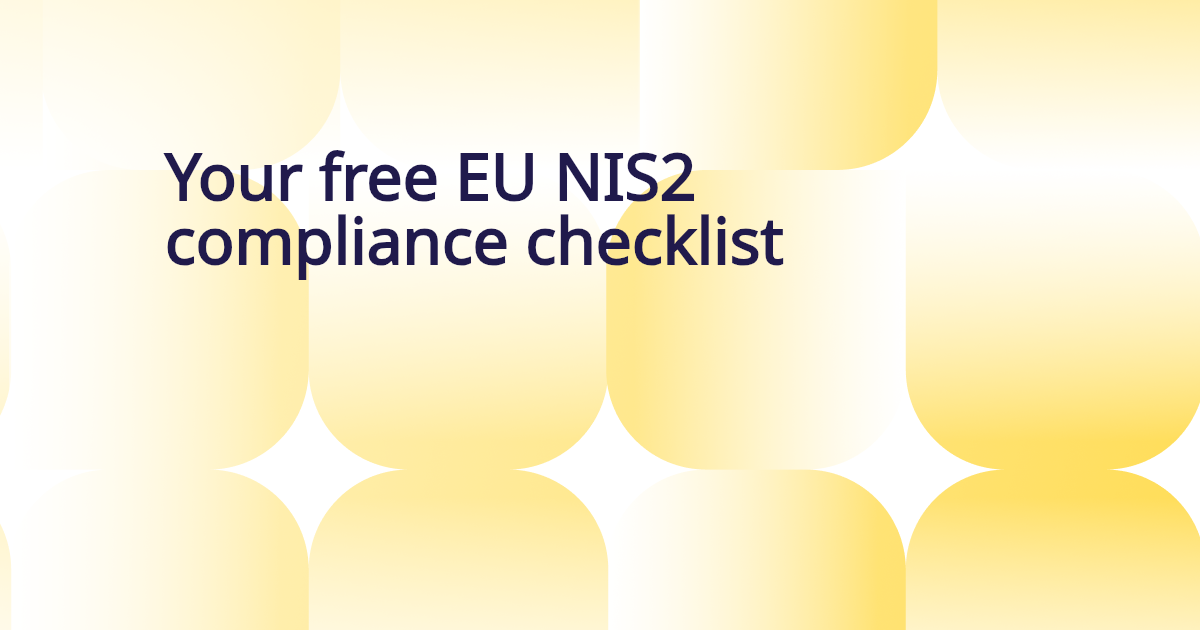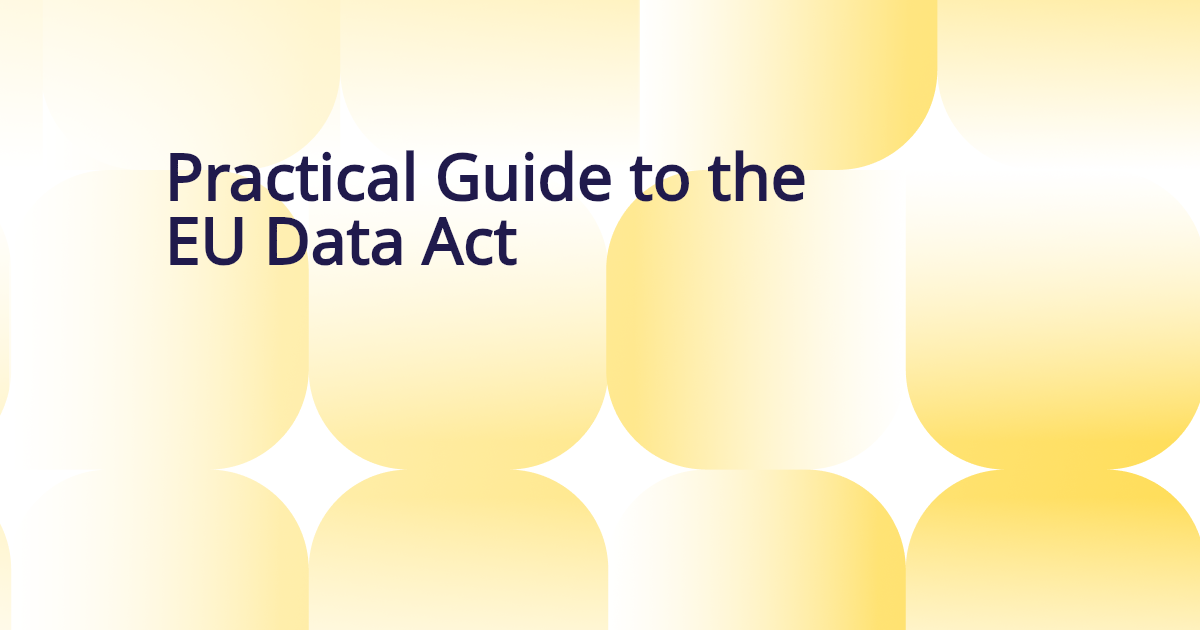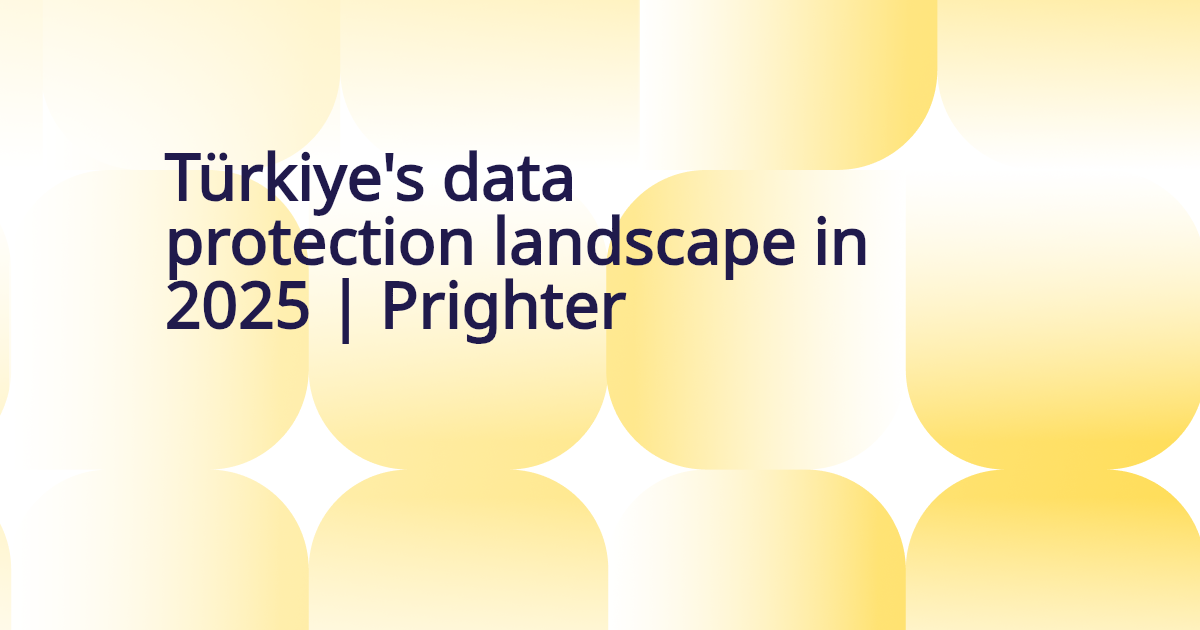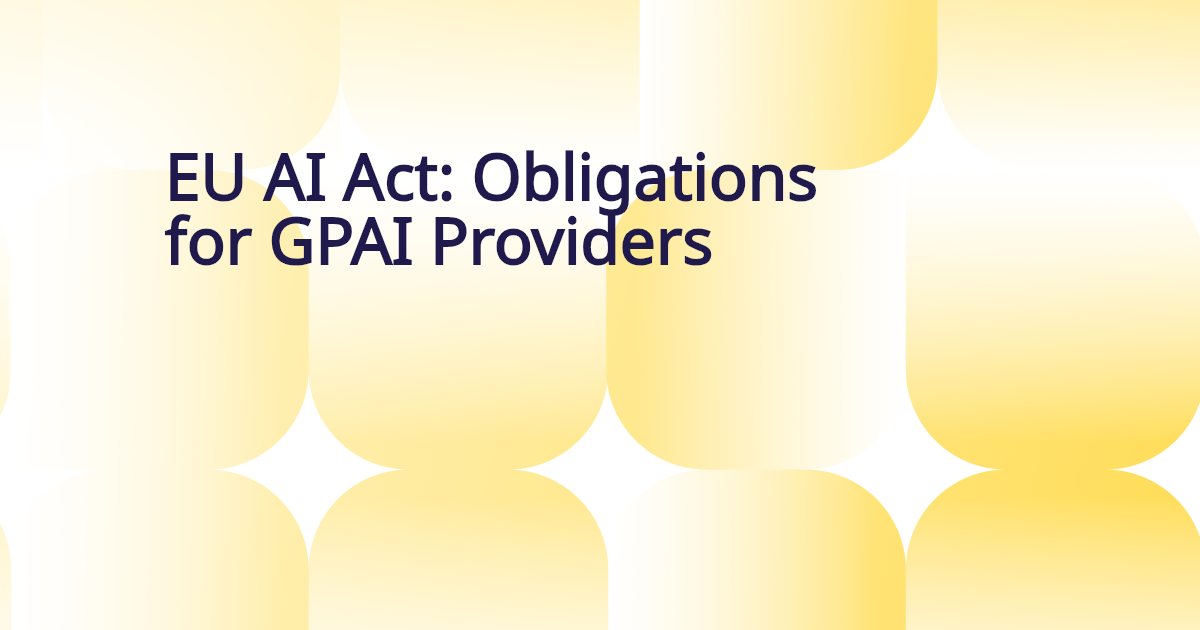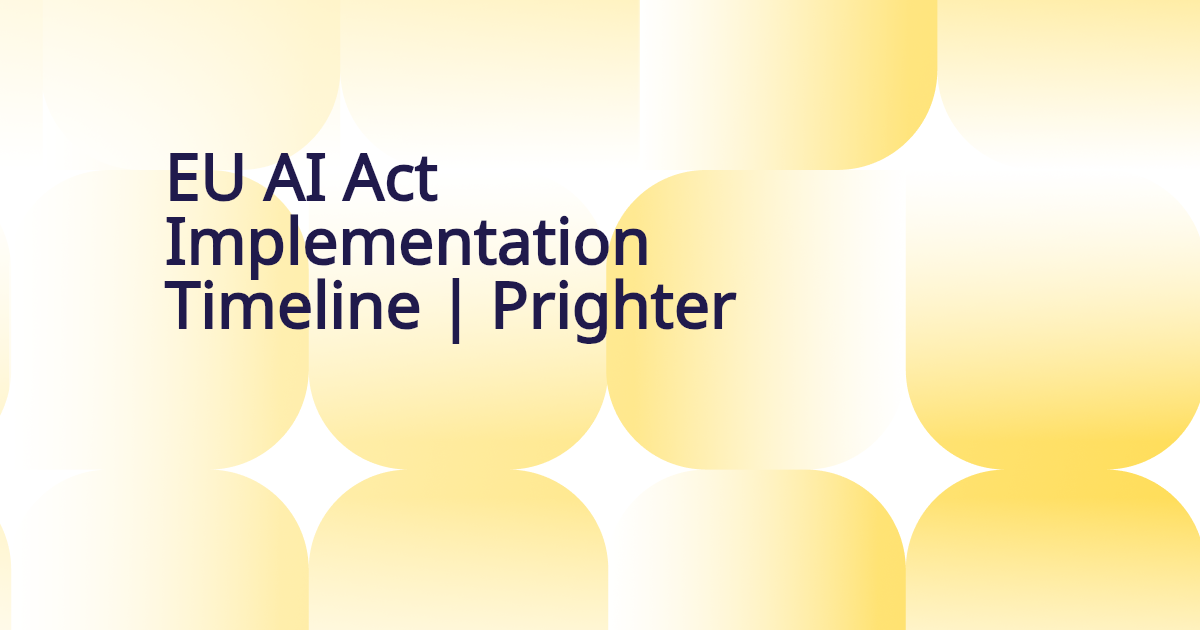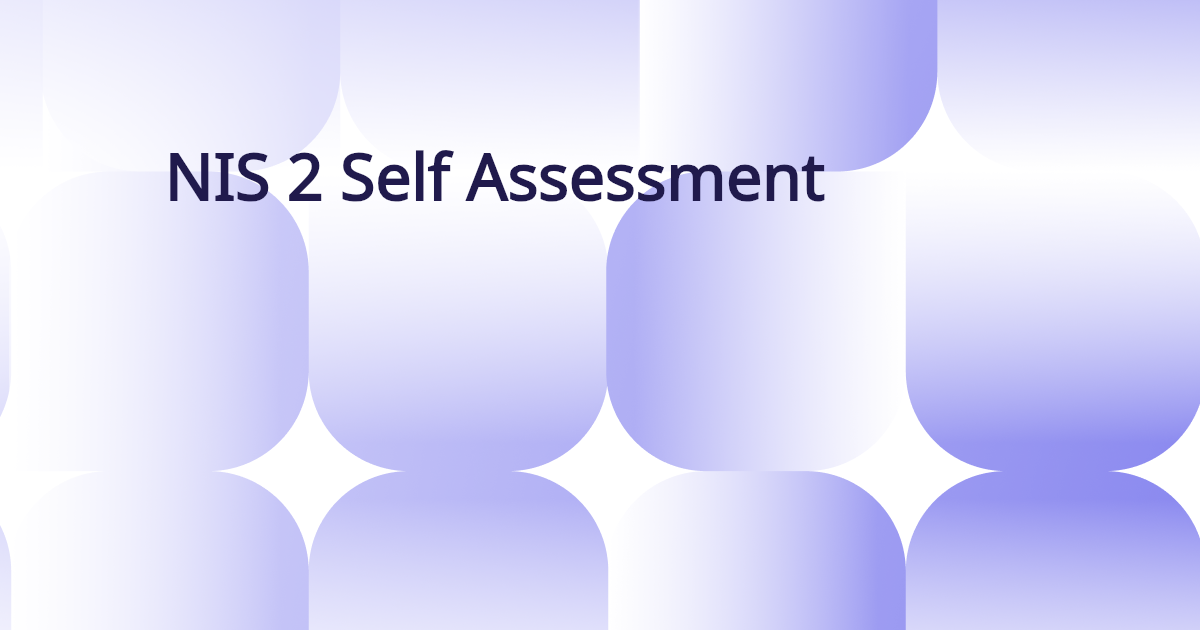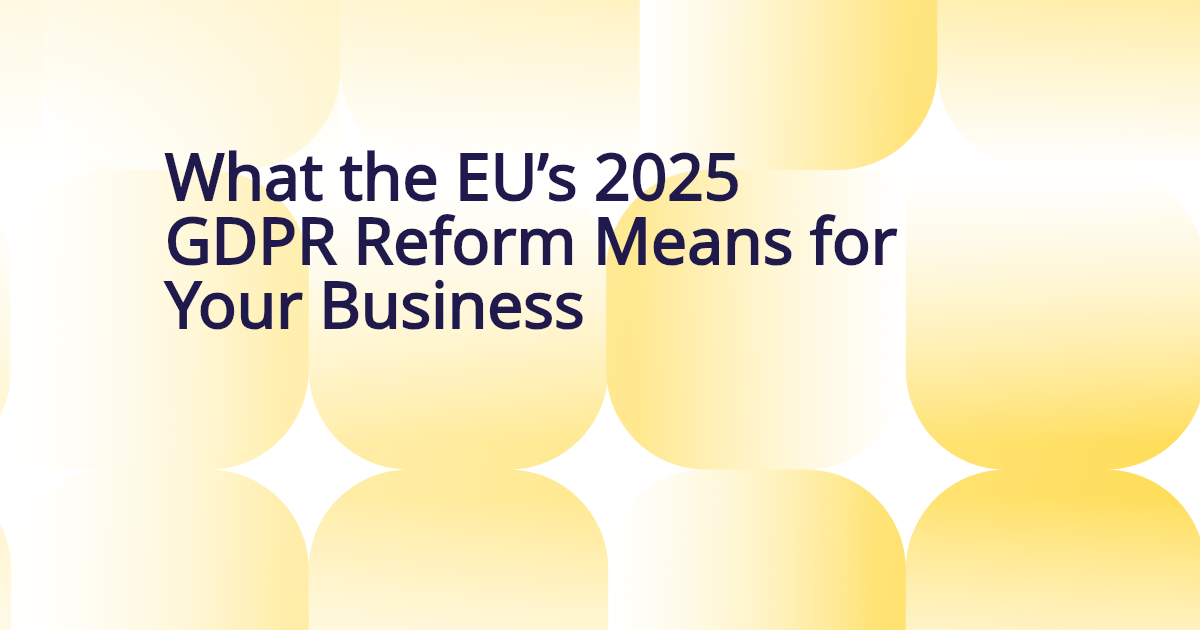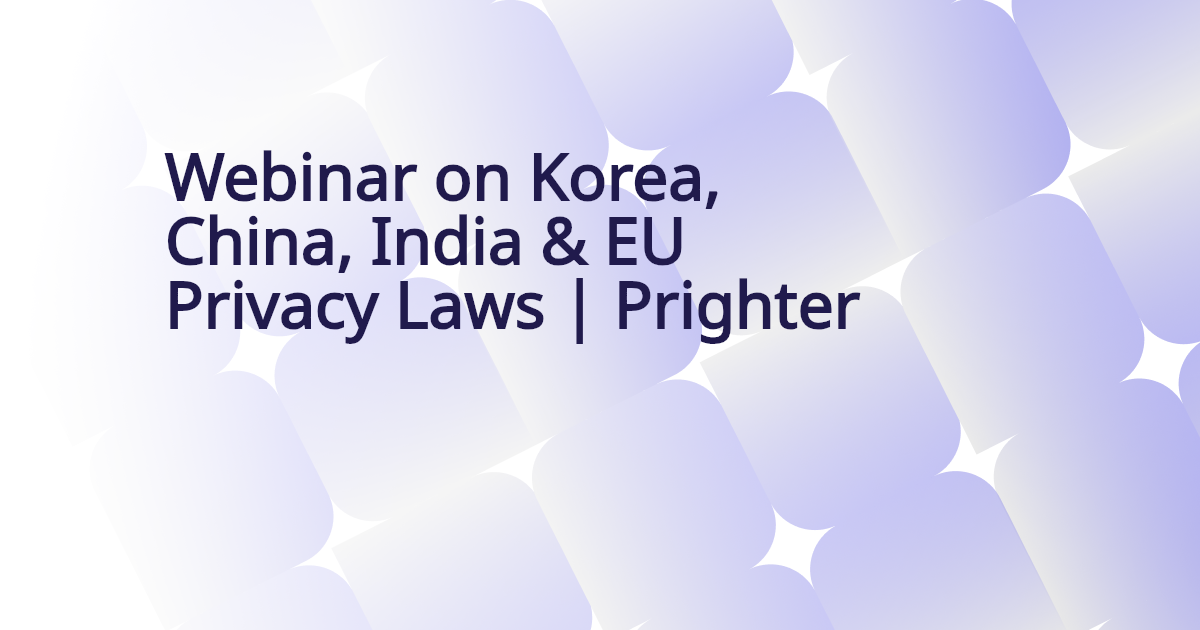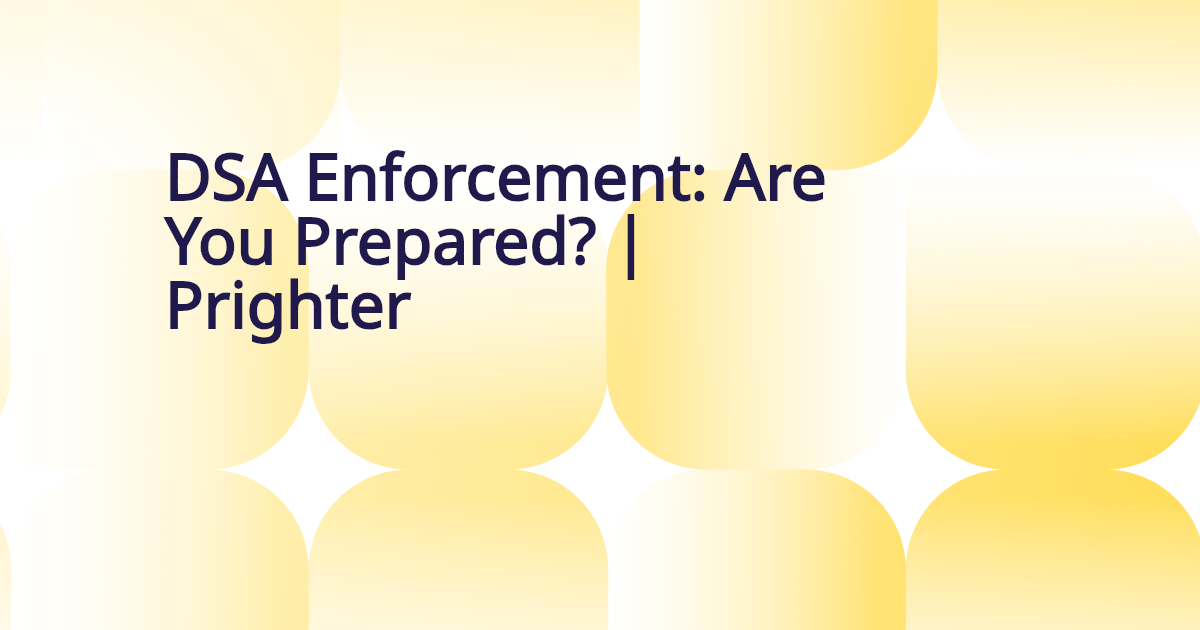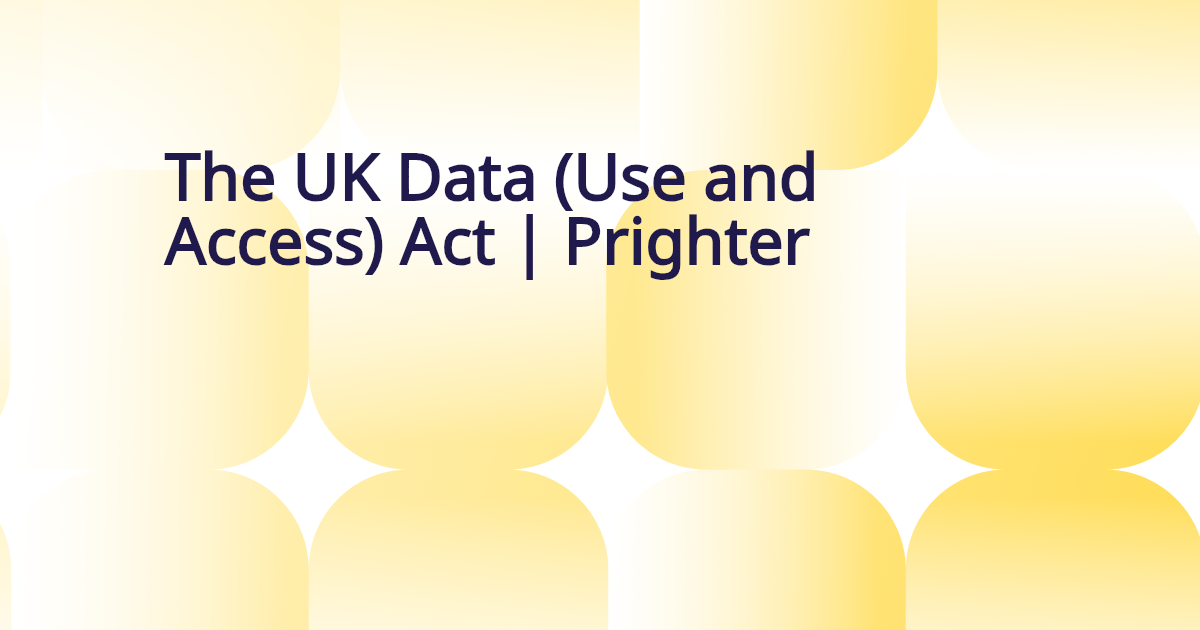
ProtectandConnectwithOurExpertDSARepresentationService
ProtectandConnectwithOurExpertDSARepresentationService
Are you an intermediary service provider? Appoint Prighter-DSA as your Legal Representative according to the Digital Services Act (DSA) to ensure compliance when offering digital services in Europe.
Trusted by Customers all over the World
Do You Need a DSA Legal Representative?
Take this self-assessment to check if the DSA applies to your business, and what obligations you need to take care of.
What is the EU Digital Services Act (DSA)?
The Digital Services Act (DSA) is designed to protect users against illegal and harmful content and goods, as well as the spread of disinformation online. It aims to ensure user safety, protect fundamental rights, and create a fair and open online platform environment, including focussing on the online safety of children. Content moderation and reporting is of crucial importance to achieving this goal.
Like the GDPR, the DSA has extra-territorial scope meaning that it applies to both EU companies and to companies without an establishment in the EU.
The scope of the DSA is narrower than the GDPR as it only applies to organizations providing intermediary services. The types of service being provided determines which obligations under the DSA apply. This reflects a risk-based approach to regulation that imposes stricter obligations on the services which present a higher societal risk.
All non-EU intermediary service providers (no matter which type) are required to appoint a legal representative. The representative’s main task is to be the addressee for communications with the competent national authorities, the European Commission, and European Board for Digital Services.
The importance of the DSA is reflected in the fines that may be imposed for non-compliance. Fines for all intermediary services can reach a maximum of 6% of an organizations annual worldwide turnover, which is considerably greater than under the GDPR. In addition, the DSA provides for periodic penalties of 5% of the average daily income where where an intermediary service does not cooperate with the relevant authorities.
Get Compliant
Create trust in your business. Appointing Prighter-DSA sends a clear and powerful message of your company’s commitment to digital governance compliance — and protects your business from potential fines of up to 6% of annual worldwide turnover.
Your Reliable Legal Representative
We serve as your legal representative according to Article 13 of the EU DSA and ensure that we meet the quality, infrastructure, and financial requirements of the DSA for providers of representative services. You can rely on Prighter-DSA backed by our team of experts and properly insured to be your addressee for all matter related to the Digital Service Act.
Multiple Locations to Choose From
We have offices in multiple EU Member States, so you can choose where is best to appoint your DSA legal representative. The competences of the Digital Services Coordinator and other DSA authorities follow the location of the representative allowing a forum shopping.
Hassle-Free Registration
Let Prighter-DSA take care of the necessary setup. We register you with the Digital Services Coordinator and provide a quick and easy way to publish the necessary public information about our appointment as your legal representative.
Trusted Point of Contact
The core of our service is to be your addressee for authorities and other stakeholders under the DSA. We are your boots on the ground facilitating and managing interactions with these digital service stakeholders.
Authority interactions
We act as your mandated competent addressee for the Digital Services Coordinator, European Commission and European Board for Digital Services on all issues relating to your DSA compliance. The management of authority interactions is made easy through the case management system in the Prighter platform.
Electronic point of contact for all stakeholders
Prighter-DSA provides you with a Digital Governance Portal which serves as your electronic access point for authorities, trusted flaggers, Art 86 organisations, and other Professional Entities. The Portal will also be the access point for the Notice and Action Mechanism.
Reduce Complexity
Appointing Prighter-DSA as your legal representative is awarded with reducing the supervisory competences under the DSA from the authorities of all EU Member States to the authorities of the Member State where the legal representative is located.
Make most out of your compliance
Compliance is not just a regulatory obligation but more so a business driver. Meeting the expectations of your users, clients, partners and the authorities sets you apart from your competition and wins you trust.
Demonstrate compliance
We provide you with everything you need to tell the world about your efforts. Demonstrate compliance with our best practice wording for your DSA information page, a compliance batch for your website footer and a compliance certificate about the appointment of Prighter as your DSA legal representative.
Exclusive Trust Center
The Trust Center is a landing page which we host for you. Showcase your compliance by customizing your portal, evidence Prighter as your DSA representative, and display any compliance-related accolades in one convenient place.
Involve the Prighter experts
Our team of experts is happy to support you in any internal or external conversation regarding the Digital Service Act. Build on our knowledge and involve us to gain additional credibility in crucial discussions regarding your compliance project.
All you need in one place
Complete compliance. Prighter Group with its services and products together with our global network of partners becomes a one-stop-shop for data protection, AI and digital governance. Our productised services and our SaaS solutions are augmented by a team of experts supporting you with bespoke services and knowledge.
Tailored services for all your needs
Our range of products are completed by individual services covering your legal, technical, and security related needs. For legal advice you can rely on our parent company, a law firm with an extensive global network of partner law firms.
Resource Center
We are committed to opensource our expertise and provide you with guidance, templates, checklist and much more on the relevant obligations under the DSA. We also monitor authority rulings, court cases and changes in the legal framework to provide you with legal updates.
Team of experts
Our legal and compliance team is your competent backup for all questions on the DSA. We are at your disposal to help with the assessment of the applicability of the DSA, the classification of your business as intermediary service, and the implementation of reporting obligations and other provisions under the DSA.
:quality(80):fill(transparent))
EU DSA Rep
Selecciona tu tamaño:
Selecciona tu tamaño:
growth
< 10 employees
small
10-49 employees
medium
50-249 employees
large
250-749 employees
enterprise
750+ employees
Agregar productos complementarios:
Privacy Representation
4 products
Digital Governance Representation
3 products
Privacy Software
2 products
AI Governance
1 product
Core Features
Marketing Features
Authority Features
Data Subject Features
Knowledge
Subscription
How it Works
What Our Customers Say
We partner with organisations all around the world to ensure robust compliance. Here's what some of our valued customers have to say about their Prighter experience.
:quality(95))
Prighter has provided the answer we were looking for in terms of EU and UK GDPR representation. Their team has given excellent assistance on a range of issues, not to mention being incredibly responsive and understanding of our needs as a start-up developing a mobile app. Their commitment to continual evolution is commendable in this complex market and their industry updates and webinars are always engaging and useful. Prighter gives us peace of mind and saves us time and we couldn’t be happier with this reliable partnership.
Resource Center
Our Resource Centre is designed to help businesses around the world to understand and navigate international privacy, AI, and digital governance compliance. Whether you're new to compliance, or you're an experienced privacy professional, you'll find helpful tips, fresh insights, and practical resources to help you level-up your approach to compliance.
Visit the full Resource CenterDigital Service Act (DSA) explained
What is the Digital Service Act (DSA)?
What is the main goal of the DSA?
The DSA is aimed against illegal and harmful content and goods as well as the spread of disinformation in the digital world. It shall ensure user safety, protect fundamental rights, and create a fair and open online platform environment.
What type of law is the DSA?
The DSA is an EU regulation and therefore directly applicable in all EU Member States without any additional transposition into national law. The regulation was established on the Union level to harmonise diverging national law and to avoid regulatory fragmentation which adversely affects the single market.
Which are the competent authorities under the DSA?
On a national level there is not one competent authority, but multiple authorities may be granted competences for subjects matters covered by the DSA under national law. To streamline and coordinate these authorities each Member State designates a Digital Services Coordinator as the single point of contact (for a list see here).
On an EU level the European Commission as well as the European Board for Digital Services have a broad set of competences under the DSA which range from issuing implementation guidelines to supervisory functions.
What is the broader context of the DSA?
The DSA together with the Digital Markets Act (DMA) forms part of the Digital Services Act package (learn more) which again is embedded in the Digital Agenda for Europe (learn more).
What is the scope of the DSA?
When does the DSA apply?
The DSA applies to online intermediary services with additional rules for hosting services, online platforms and very large online platforms and search engines (VLOPs and VLOSEs) when offering intermediary services, irrespective of where the providers have their place of establishment.
Does the DSA apply to non-EU companies?
The DSA applies irrespective of where the providers have their place of establishment. This means that also non-EU providers are caught by the extra-territorial scope of the DSA when offering intermediary services to business users, consumers and other users (recipients of the service).
What constitutes "offering intermediary services"?
To qualify as an "offering", an intermediary service needs to be accessible by EU recipients and needs to have a substantial connection to the EU. Besides an establishment a substantial connection results from specific factual criteria such as:
- a significant number of recipients of the service in the EU;
- the targeting of activities towards the EU.
What is a significant number of recipients of the service?
Whether the number of recipients in one or more Member States is significant depends on the relation to the whole population.
What is "targeting of activities"?
To determine, if a provider is targeting its activities towards recipients in the EU, all circumstances are relevant. Especially the use of a language or a currency generally or the possibility of ordering products or services, or the use of a relevant top-level domain indicate the targeting of recipients. Furthermore, the availability of an application in the relevant national application store, local advertising or advertising in a language used in that Member State, or the handling of customer relations in such language are factors which may result in a targeting. In contrast, mere technical accessibility of a website from the Union cannot, on that ground alone, be considered as establishing a substantial connection to the Union.
Which type of organisations need to comply with the DSA?
What are Intermediary Services?
Regardless of any additional classification under another type of business regulated by the DSA Intermediary Services include “Mere Conduit” Services (e.g. Internet Service Provider „ISP“), "Caching” Services (e.g. Content Delivery Networks "CDNs"), “Hosting” Services (e.g. cloud computing, web hosting, paid referencing services or services enabling sharing information and content online, including file storage and sharing.)
What are Hosting Services?
Hosting Services involve the storage of information provided by users (e.g. cloud computing, web hosting, paid referencing services or services enabling sharing information and content online, including file storage and sharing.)
What are Online Platforms?
Online Platforms bring together sellers and consumers. (e.g. online marketplaces, app stores, collaborative economy platforms and social media platforms).
What are very large online platforms and search engines?
Online platforms and search engines reaching more than 10% of 450 million consumers in Europe are classified as very large. Because of the particular risks associated with the dissemination of illegal content and societal harms, specific rules apply for VLOPs and VLOSEs.
What is the role of the legal representative under Art 13 DSA?
What are the tasks of the legal representative?
First and foremost the legal representative shall facilitate the communication with competent national authorities, the European Commission as well as the European Board for Digital Services. The legal representative can also act as the point of contact for recipients of the service and trusted flaggers. For operational purposes the legal representative can also act as the electronic point of contact which again facilitates the communication with the various stakeholders.
Is the legal representative liable?
The obligation to appoint a legal representative should allow for the effective oversight and, where necessary, enforcement of the DSA. This is the reason that the legal representative may be held liable for non-compliance with obligations under the DSA, without affecting the liability and legal actions that could be initiated against the provider of intermediary services.
What are the quality criteria for a legal representative?
Providers of intermediary services should ensure that the designated legal representative has the necessary powers and resources to cooperate with the relevant authorities. This also means that the legal representative needs to have sufficient qualifications and experience to handle proceeding with national and European authorities.







